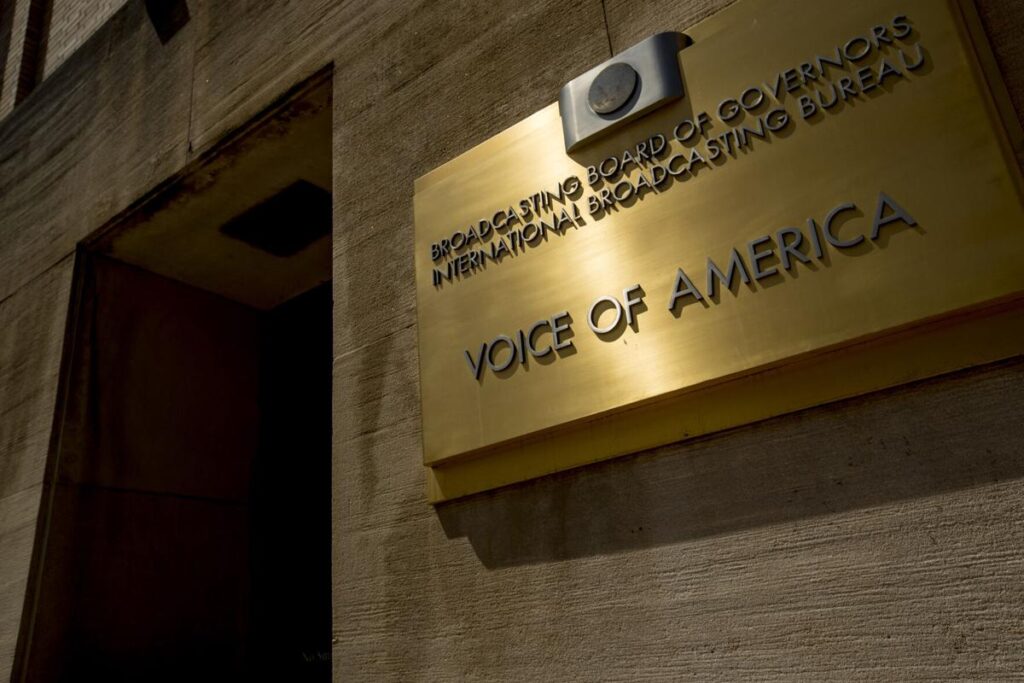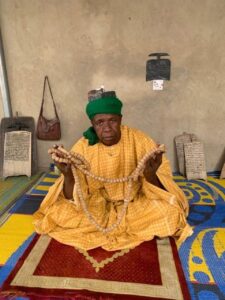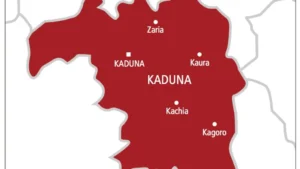Listeners in northern Nigeria were confused when Voice of America (VOA) suddenly stopped airing its Hausa-language programs. Many people only heard music instead of the usual news and talk shows. Some were so worried they thought there might have been a crisis in the United States.
The change happened after the U.S. government cut funding to VOA during Donald Trump’s presidency. These cuts led to the shutdown of the Hausa service, which was an important source of international news for millions of people in countries like Nigeria, Ghana, Niger, and Cameroon. Many people in these areas don’t have reliable internet or newspapers, so VOA was their main source of trusted information — especially in rural and conflict-affected areas.
Listeners and journalists say the closure is a big loss. The Hausa service didn’t just provide news — it also gave useful information about health, such as how to prevent malaria and HIV. It was also known for fair and professional reporting, unlike some local media that are seen as biased.
VOA’s Hausa service started in 1979 and was known for reaching remote areas through local partner radio stations. It covered stories others avoided and helped spread helpful ideas, like using drones to fight crop diseases. It even led to government action after reports on issues like pollution in mining areas.
Now, the shutdown has caused job losses, and many journalists are heartbroken. Some say they risked their lives to bring accurate news to people. The closure is currently being challenged in a U.S. court.
The loss comes as other international media outlets are also facing trouble in West Africa. RFI (Radio France Internationale) was banned in Niger, and the BBC was suspended for three months.
Despite the shutdown, former VOA reporters and others are still working to provide good journalism. One reporter now runs a Hausa fact-checking website and says their work is more important than ever.







